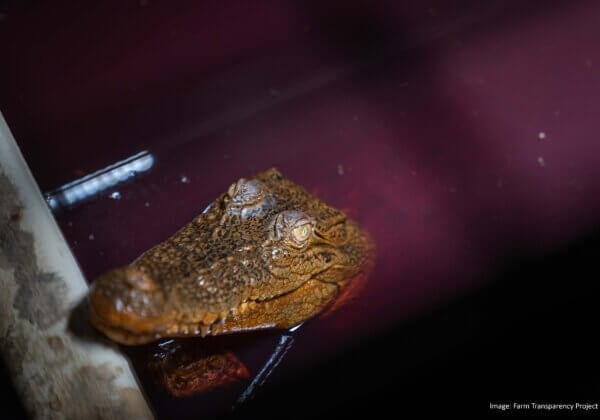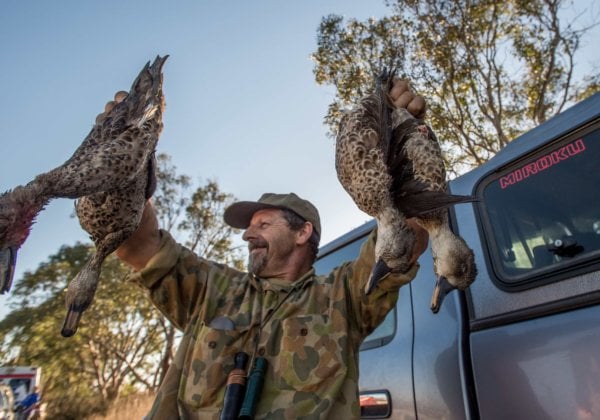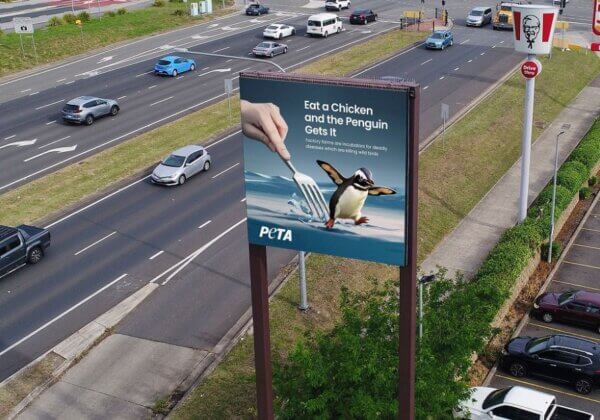Update: NSW Government Invests in Mice Control
There is a better solution than just slaughtering mice only to see the population rebound in future years and the crisis recur.
On 3 June – just two weeks after calling us “brainless” for suggesting that the state government invest in more ethical, eco-friendly methods of mice control – Minister for Agriculture Adam Marshall announced a $1.8 million package to “fast-track the delivery of next generation ‘gene drive’ technology to control future plagues”.
The money will fund a three-year programme of genetic biocontrol research, led by the University of Adelaide, CSIRO, and the Centre for Invasive Species Solutions, to identify fast-acting gene drives designed to spread an inherited characteristic through a population. The research will test two strategies for population control, including an approach which eliminates sperm carrying the X chromosome, producing more male than female offspring, and a second approach of making female mice infertile.

PETA has been talking about immunocontraception methods of controlling invasive animal populations for years, and now the government is finally tackling this problem in a more ethical and eco-friendly manner.
No approach is perfect. The use of traps and rodenticides leads to painful deaths for the rodents as well as other species who eat the poisoned animals. The use of biocontrol harms animals in experiments but reduces the suffering of indigenous animals living in their natural habitats and offers a long-term population-control solution. Biocontrol methods will reduce the countless number of mice suffering in traps and enduring slow, painful deaths from being poisoned, in addition to preventing the poisoning of the species who eat them.
Had the government acted sooner, millions of small animals, including non-target species, would have been spared slow and agonising deaths.
Last month, the New South Wales government announced it would use a new, strong poison and spruiked it as “napalm” for mice. Leading rodent experts questioned the plan, warning that the poison’s use came with a high risk of killing native and domestic animals as well.
Dr Peter Brown, leader of the rodent management research team at CSIRO, told The Guardian, “The anti-coagulants can accumulate up through the food chain, and so birds of prey or other animals can be feeding on dead mice and they could potentially get a lethal dose themselves through secondary poisoning.”
The poison is so strong that the state government is still waiting for approval from the Australian Pesticides and Veterinary Medicines Authority to use it.
This funding is a step towards reducing animal suffering, but is it too much to hope that the government will also act sensibly to reduce the body count from future bushfires and other devastating consequences of the climate crisis by helping sheep and cattle farmers move away from animal agriculture – one of the most environmentally damaging industries on the planet?
Governments move slowly, but luckily, the rest of us needn’t wait to do what’s right. We can go vegan right now.







